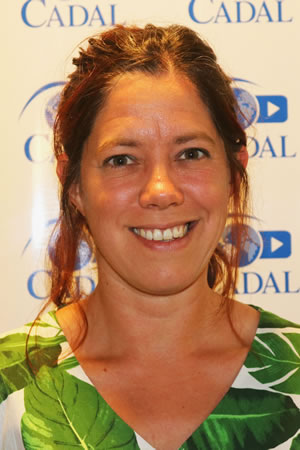PROFILE

Cecilia Noce
Associate Researcher
PhD Candidate in Social Sciences from the Universidad de Buenos Aires, MSc in Cultural sociology and cultural analysis at the Universidad Nacional de San Martín. International postgraduate “Management and politics in communication and culture” (FLACSO), degree in Literature (Universidad de Buenos Aires) and researcher from the Asian and Latin American Studies Group, Universidad de Buenos Aires.
Cecilia Noce's publications
Articles | Artículos | Diálogo Latino Cubano
28-08-2023 | Articles
Today, it is the activists, the opponents, the networks formed by the diasporas and the Nicaraguans and Cubans who defend human rights in their countries who have the capacity to imagine inclusive and democratic projects and to create the sense of community that nation building requires.
05-06-2020 | Articles
In the annual report presented on 15 April 2020, Freemuse points out a continuing deterioration of freedom of expression in general and of art in particular, which translates into 711 attacks in 93 countries and shows that art continues to be a hazardous activity that can lead to harassment, censorship, imprisonment and even death. To successfully monitor this development, Freemuse compiles and analyses statistical data, as well as thorough interviews with artists around the world. The comparative analysis allows to identify global trends and recognize those areas where interference is necessary to defend the freedom of artistic expression.
[1] |


